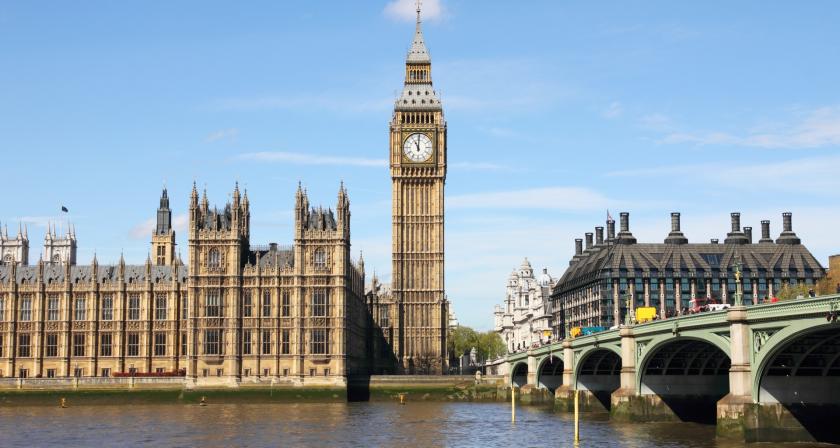Interview with Duncan Holland, Head of Legal, Cairn Energy

Key contacts
What are the key risks that the industry is facing? Where are you seeing the most potential for disputes?
It is largely about the financial situation. Across the industry, we are seeing more disagreements even with parties in joint ventures, where there may not be a huge amount of money at stake, but companies are seeking to preserve cash and not be tied into work commitments.
What operations are most likely to lead to disputes and how are you approaching topical issues such as force majeure?
We are in a different world where some long-term contracts and work commitments of operators don’t make sense anymore and it’s not going to change in the next 12 to 18 months, which is increasingly leading to disputes.
Force majeure has taken up a bit of time in the last few months. If you physically can’t operate, then force majeure is pretty clear, but as restrictions are then relaxed in some parts of the world while remaining in others, it can become quite complex. Particularly in the oil and gas industry where people and equipment can be moving around the world.
How do you see the impact of climate change policies and priorities?
Governments, shareholders and regulatory bodies in many countries are looking at increased regulation in the immediate and near-term future and that will be a key issue when looking at new projects.
How is the typical in-house legal team addressing these risks in today’s climate? And how might this compare to five or 10 years ago?
I think there is a general trend to more quickly use external counsel, because there used to be more disputes resolved amicably. The temperature has increased. We don’t necessarily end up in court, but we have the potential to do so.
People can be emotive about disputes and it can become more tense. What you want is for external counsel to see through that and see what the underlying issue is. And so it’s about being able to cut through all that noise in these disputes and seeing where the strong points and the weak points are and asking: ‘is this worth pursuing’? We need lawyers to be commercial while understanding all the key moving parts.
Where do you feel that the industry can improve its management of risk and disputes?
People can keep better records. A lot of problems arise out of meetings where people disagreed about certain things and the two parties have records that are wildly different.
Also, clearer drafting at the outset. Often you have complicated agreements and people are keen to get them concluded and signed, even though there is often vague language trying to deal with highly complex situations. You need to have these discussions early to try and deal with some of the problems before they arise. It’s easier to reach agreement on a lot of these issues when things are amicable.
Oil and Gas Disputes Survey: Managing disputes risk – the in-house perspective
- Key Findings of the CMS oil & gas disputes survey
- Geography: Complex environments deliver financial rewards but higher risks
- Where do the disputes come from?
- Interview with Johanna Coelho, Legal Manager, PetroRio
- Operational problems: activities and relationships that can lead to disputes
- Elevated risks: newer dangers for oil and gas players
- Interview with Duncan Holland, Head of Legal, Cairn Energy
- Risk mitigation: limiting the fallout
- Interview with Sandra Redding, General Counsel, Seadrill
- Riding out the storm








